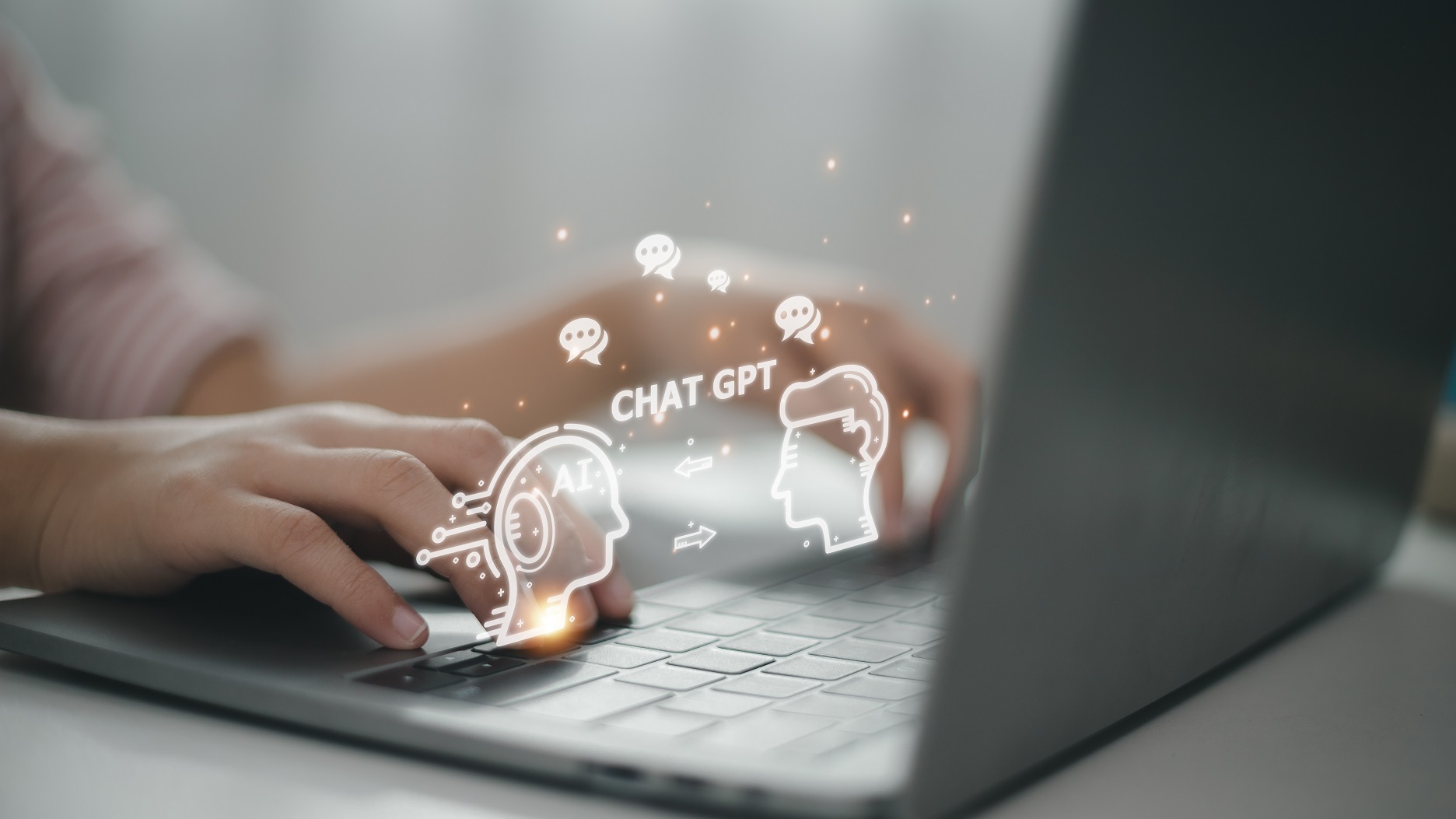
The European AI Act: what companies already need to know.
Blog
4 October 2023
While AI offers opportunities to entrepreneurs in many forms, the European Union recently adopted a new initiative that will guide the application of AI in practice: the "AI Act" (the AI Regulation).
This framework gives companies a host of obligations they will have to meet when developing and using AI.
Obviously, entrepreneurs have not been waiting for this European regulatory framework to embrace AI now and become better at what they do, which can only help innovation.
So does this mean that these AI adepts are wandering around in a legal vacuum? Not at all, after all, many of the principles of the AI Act are already finding application today.
What do you need to know about the AI Act?
The main objective of the European legislator is to ensure that artificial intelligence will be used within the EU in a safe, transparent, traceable, non-discriminatory and environmentally friendly manner.
The new rules mainly target companies deploying AI and mainly include the following:
- Risk-based approach: AI systems will be classified according to the level of risk.
- Prohibition of AI with unacceptable risk: think mass surveillance, social scoring, emotion recognition in the workplace, etc.
- High-risk AI systems are subject to a host of control requirements including quality criteria and human oversight.
- For low-risk AI systems, there are less stringent requirements but users must be clearly informed about the AI system.
- Even with generative AI, such as ChatGPT, developers will have to transparently state that the content was generated by AI and provide a record of copyrighted data used in training.
- Finally, the AI Act also provides rules around market surveillance and monitoring, such as providing AI test environments.

Is this new?
The AI Act is the first legal framework that will regulate artificial intelligence in a general way. This does not mean that there would be no rules around AI and its use today. In fact, artificial intelligence is woven into all sorts of products, services and processes that are subject to certain rules. Therefore, many principles of the AI Act are not new and can be found in current legislation.
Without wishing to be exhaustive, we think of all kinds of transparency obligations in consumer protection and unfair market practices laws, among others. Current anti-discrimination legislation prohibits companies (using AI) from making a distinction on the basis of race, gender or sexuality, for example. Further, when companies use AI, they must also be mindful of the exclusive intellectual property rights of others. Of course, potentially proprietary copyrights may apply to the output of an AI system (although there is debate about this, see here).
Finally, GDPR also lurks around the corner. After all, the GDPR is technology-neutral and applies to all activities in which companies process personal data. As a result, companies must already have a legal basis when processing personal data using AI (i.e. mainly the datasets on the basis of which AI is trained or used), process them only for specified purposes and be transparent about this towards customers and employees, etc.
What is the point of the AI Act?
So AI is already extensively regulated today thanks to existing rules and principles that can be applied to AI-related issues. The AI Act ensures that these various rules will be centralized and thus will be easier to find.
On the other hand, a clarification or expansion of the existing rules also imposes itself to start using AI systems correctly. It is in this regard that the AI Act seeks to outline a general framework that will regulate artificial intelligence horizontally, regardless of the sector within which it is used. The AI Act provides a more direct, hands-on approach to impose both legal and ethical standards on the development and use of AI and encourage more responsible use.
Test your AI systems now: act now!
The AI Act proposal will become hard law once the European Council and the European Parliament agree on the text of the regulation. Of course, you can already use AI within your company now, as long as you respect current legislation. There are currently no laws regulating AI applications in a general sense. That does not mean that there are no rules.
Do you have questions about the legal aspects of using AI within your company or would you like to check your systems against the legislation?
Feel free to contact one of our experts from the Data, Tech & Entertainment team!

